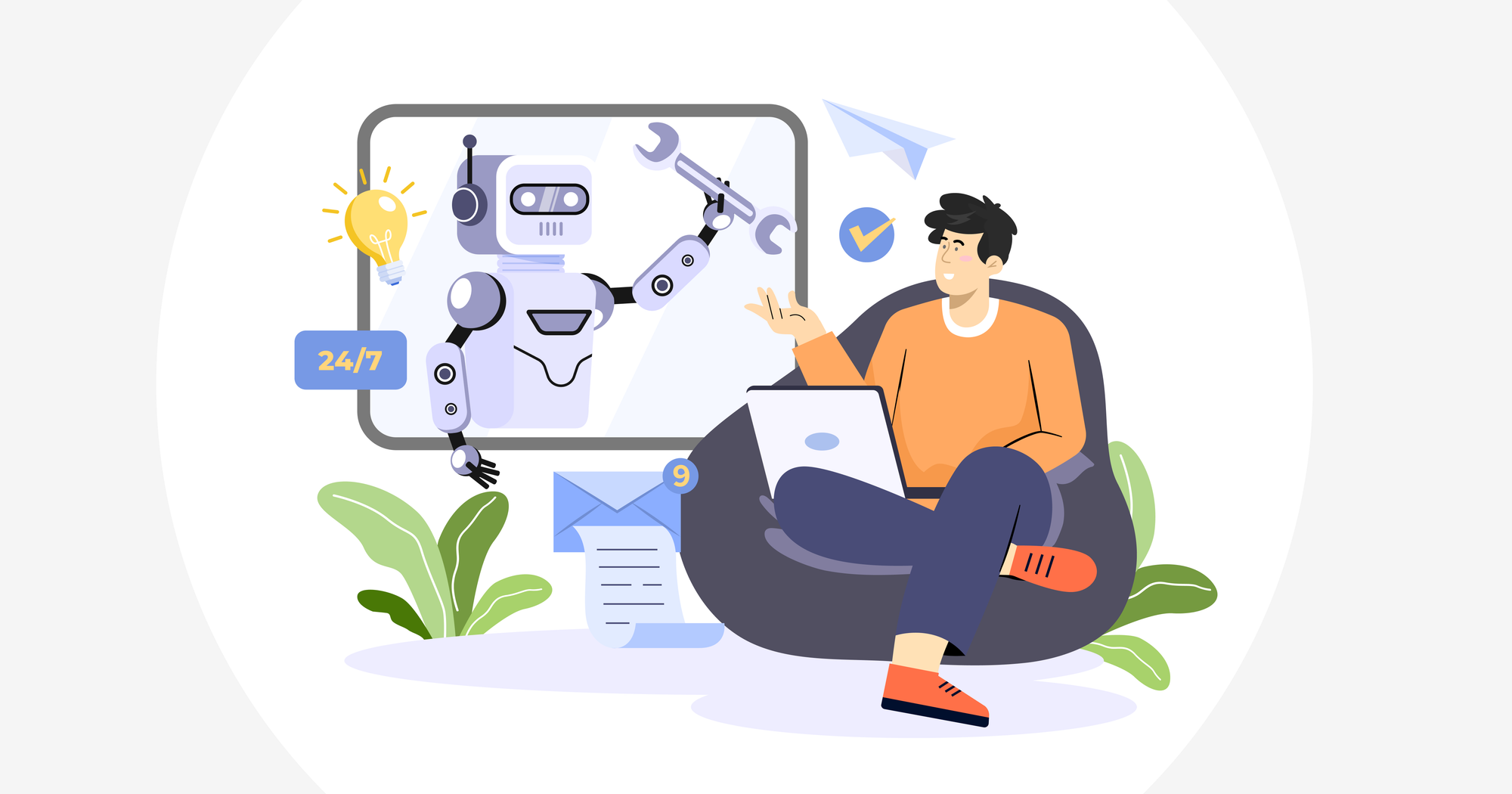Artificial intelligence has stormed into software development, but the impact isn’t quite what we expected. Stack Overflow reports that over 60% of developers already use AI assistants, and nearly half of new code is now generated automatically. Sounds like a revolution, right? Dig a little deeper — and it’s more complicated.
When the “accelerator” slows you down
A study by METR showed that experienced developers working with AI are actually 19% slower. The reason? Less creating, more checking and fixing machine-generated code. Take Copilot, for example. It throws out suggestions nonstop, but only about a third are useful. The rest need heavy editing — or are completely pointless. Instead of creators, developers turn into editors of machine drafts.
Duplication is another headache. GitClear found it has quadrupled. Different parts of a project end up with similar, but not identical, implementations. Maintaining that mess is a nightmare.
And then there’s overengineering. AI tends to overcomplicate: where a simple function would do, you suddenly get a whole architecture full of abstractions. Junior devs start thinking that’s the norm — when in fact, it’s just bloat.
The result is predictable: Google’s DORA report recorded a 7% drop in system stability for teams that rely heavily on AI. A tool meant to improve quality often ends up doing the opposite.
Where AI actually helps
For boilerplate code, migrations, or basic tests, AI saves time. But complex logic and critical components still need human oversight. The tool needs to know its place.
Code review has also taken on new weight. Before, you could trust a senior dev’s work. Now, every single line deserves scrutiny — because the machine can produce code that looks right, but isn’t.
Metrics are shifting too. Raw coding speed doesn’t mean much anymore. What matters more: time between releases and bug fixes, technical debt, and how maintainable the codebase is.
And team training is crucial. Developers need to know when to trust AI — and when to rely on their own expertise. This is especially true for juniors, who can easily fall for “smart-looking” machine output.
The money side
The numbers are mixed. About half of companies saw real profit from AI projects, while the rest barely broke even. That’s a far cry from the promised “revolution.”
Bottom line
AI in development is a helpful tool — but it’s no replacement for experience, critical thinking, and craftsmanship. Good code has always been about quality, not speed. And the responsibility for it still rests with humans.

